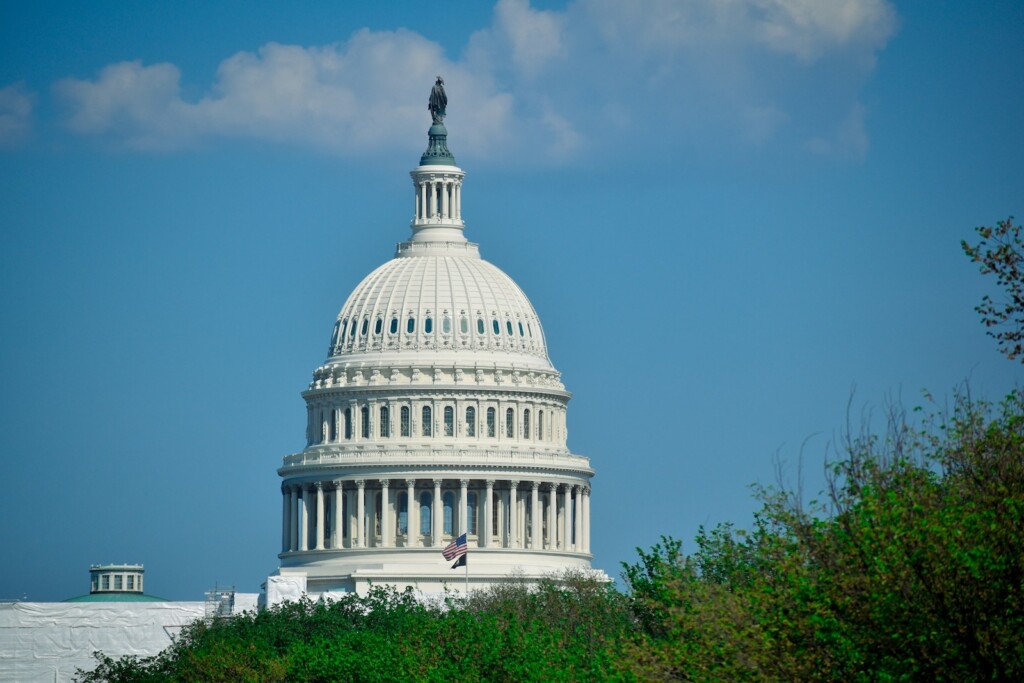It turns out there are a group of elites who certainly hope we agree to something new, which is a global currency; a global government, and a Great Reset, handing over all power to them.
The elites who meet in Davos Switzerland might actually be able to sell this idea without mass uprisings because most people subscribe to the belief that “security” and “benefits” are attained not so much through freedom but by the promise of a steady paycheck at a big corporation and/or government benefits.
Populism is certainly the name of the political game today. Who is offering the most stuff? Let’s vote for that guy. However, subscribing to this belief that handouts equal happiness or freedom misses the larger picture — we are getting duped by the elites in both corporations and the government.
Likely, more than half of the men in the Utah State Legislature believe that wealth gained in a somewhat nefarious manner, by using the levers offered to them by having their positions of power, provides themselves and their constituency the promise of a better future. They justify their somewhat corrupt actions because they believe it’s not really harming anyone when they say they earn an extra $10 million on an “affordable housing” project using taxpayer money. “It’s for the greater good,” they tell each other while they pat themselves on the back.
But when these lures of power run amok, and an entire class of elite government NGO leaders need not worry about their accountability to taxpayers or residents, we find what we have today: people in power who are in the “business of helping people”, and while supposedly doing so, are becoming filthy rich.
While they might go into government offices poor, they come out rich. But certainly they do so with the best of intentions. They find that by serving themselves, their constituents and their elite donors, they can become wealthy and maintain their standing. How does this happen?
If the donor class can control the media and the politicians, there is almost nothing they can’t get away with. Some of the politicians we profile are in cushy government or NGO offices and earn well over six-figure salaries. They are not accountable to anybody; they do little to actually solve any problems, but they are helping those who helped them keep their positions of power by making them rich.
These men and women receive nothing but accolades from their colleagues and fellow political leaders. This is because they all know that if they keep the circle jerk in motion, everyone ends up happy in the end. How are these elites able to have so much power?
The main problem we face today, compared to the environment twenty years or so ago, is that the media isn’t questioning the salaries and the corruption of these appointed leaders. And newspapers today are beholden to the same elites who help these individuals maintain their positions of power.
Our society today has ubiquitous eyes, but also almost unlimited amusing distractions via smartphones. But what is missing is unbiased scrutiny by reporters. This results in what we have today: a growing concentration of power among the elites and a growing stratification and gap between the rich and the poor. The game is getting rigged ever more in the favor of the elites.
The poor are left without a voice. The poor are left without the money to fight the system. The poor are simply told to remain quiet and you will get everything you need. The poor are disenfranchised. And all the elites who want to take our sovereignty from us want to remove our free speech.
As I will show, they do not want to be held accountable. They refuse to answer our questions because they don’t have to; we aren’t The Salt Lake Tribune. So instead, we allow them to get rich, and in return, they will give us everything we want and “we will be happy.”
Is this the future we want?






